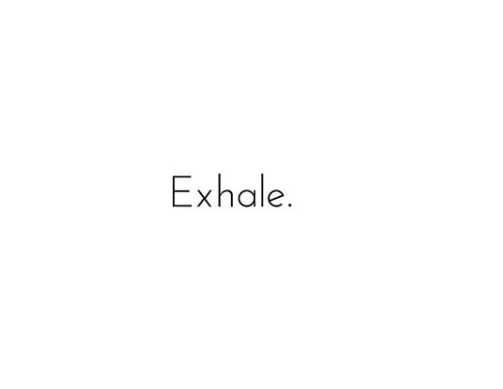- Deep breathing can improve your energy level.
- Deep breathing slows your heart rate.
- Deep breathing helps to clean out the lungs.
- Deep breathing reduces anxiety.


We all know that vitamin D is key for healthy bones, but did you know it has some other surprising benefits?
Eating foods with vitamin D and getting plenty of sunshine help to naturally boost the levels of vitamin D in your body, however you may need a supplement. I take 500 i.u. of vitamin D AND walk outside every day for at least 30 minutes.
The sun is inviting and it’s nice to be able to get that much needed, natural vitamin D outside. However, be aware that some of your family’s favorite citrus oils should be avoided topically before direct sunlight or exposure to artificial UV rays.
When ultraviolet (UV) radiation, a form of radiation which makes up approximately 10% of sunlight, comes in contact with particular substances it can initiate a series of chemical and biological reactions. This immune system reaction is known as photosensitization. Photosensitivity and phototoxicity apply to topical use of essential oils only and do not pose the same risks when used internally. When using a photosensitive essential oil topically, avoidance of sunlight is recommended for up to 12 hours after use.
Essential Oils that May Cause Phototoxic or Photosensitive Reactions:
Bergamot
Grapefruit
Lemon
Lime
Bitter Orange
Cumin
Read more about the surprising benefits of Vitamin D: https://www.healthline.com/health/food-nutrition/benefits-vitamin-d
